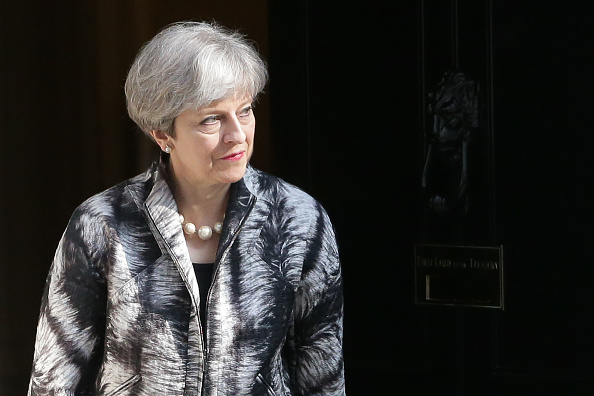On Tuesday, Theresa May stood outside Downing Street and said that she was calling an early election so that she could get the ‘job done’ and take Britain out of the European Union. The Prime Minister claimed that without a snap vote, opposition parties would try to change Britain’s course because ‘the Government’s majority is so small’.
But this doesn’t mean the Tories will stick with the 2015 Conservative manifesto. Both May and Philip Hammond have offered a glimpse of what old election promises they may bin in the 2017 manifesto. In an appearance in Maidenhead, May said that the government’s commitment to spending 0.7pc of national income on foreign aid ‘will remain’ – although it must be spent ‘in the most effective way’. In order to prevent this pledge coming back to haunt her, May will have to put a stop to embarrassing slips like sending millions of pounds in aid to North Korea.
As for what will be dropped, May refused to commit to the pensions triple-lock, while Hammond hinted, in a speech in Washington, that the Tories could drop their commitment not to raise VAT, income tax or national insurance in their general election manifesto. Neither of these would be particularly surprising U-turns in policy. Earlier this year, the Work and Pensions Committee said continuing with the triple-lock was ‘unsustainable’ and ‘unfair’ on younger families. As for the tax lock, Hammond’s own issues with the restrictions it creates have been well documented. He had to embarrassingly U-turn on a NICs rise for the self-employed in his first Budget when it was pointed out this went against the 2015 manifesto.
That manifesto contained 625 pledges, the majority of which Cameron thought he could water down in subsequent coalition negotiations. In the end, he won a majority and the party’s hands were tied. May’s manifesto will be slimmer. As Isabel notes, the Tories don’t need to make silly pledges to scare off Labour in this election. Cutting down on gimmicks that cause a great deal of grief later is no bad thing.







Comments